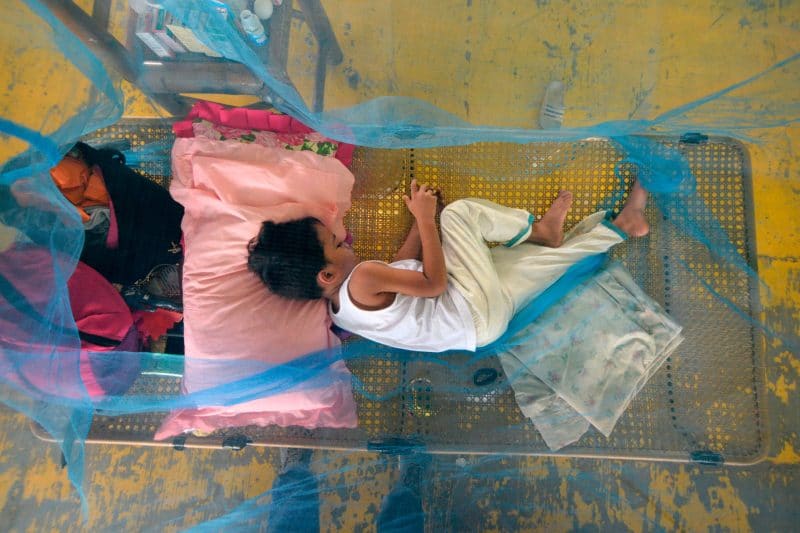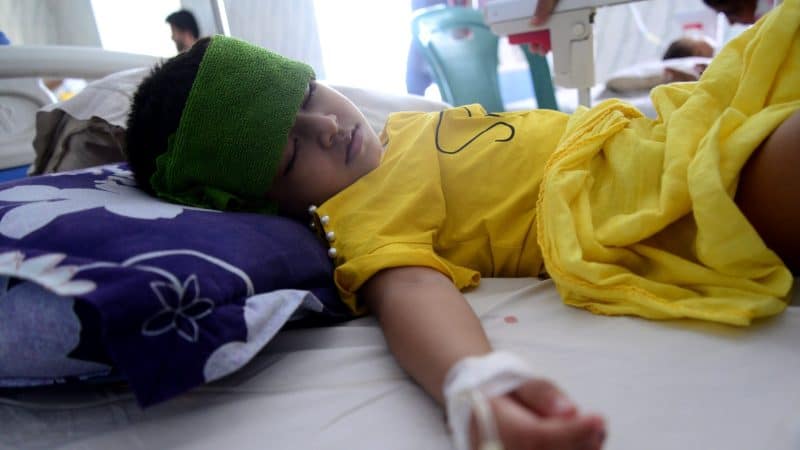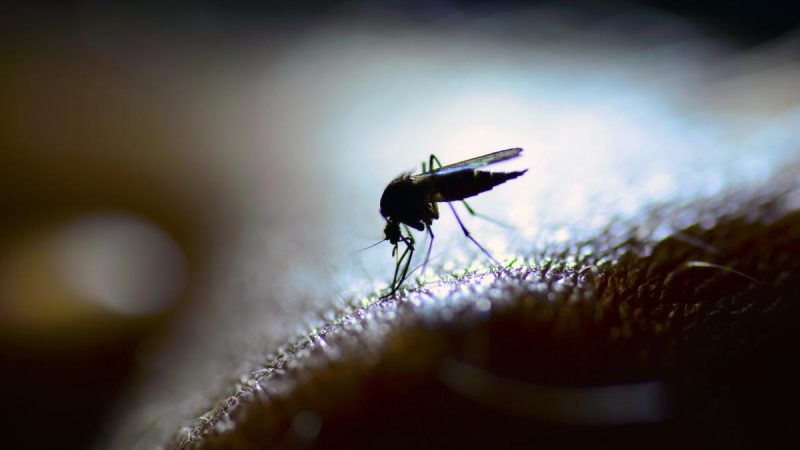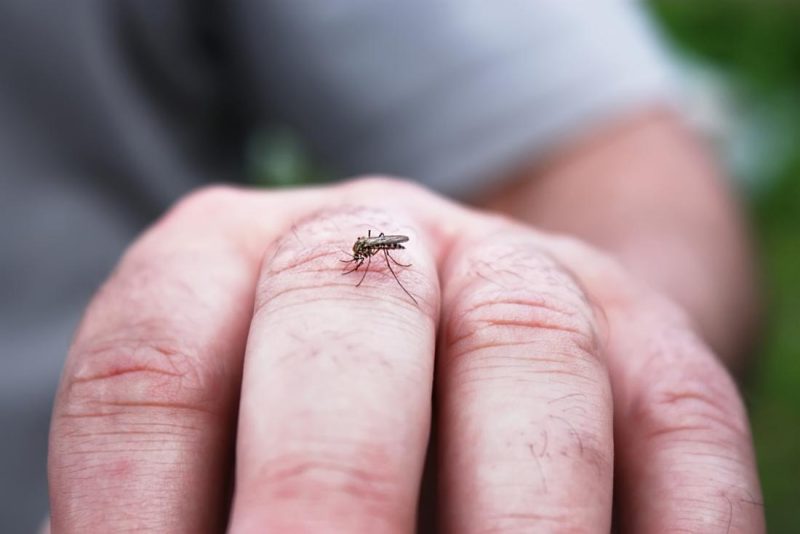Dengue comes from high-risk mosquito bites. This disease can spread quickly. Female Aedes aegypti mosquitoes are the vectors of dengue and other ailments like Zika and chikungunya. The spread of this disease depends on environmental, climate, and social factors. Below are some of the important facts about dengue as it affects many areas again.
What Dengue Is About

High-risk mosquito bites can bring dengue, which causes different diseases. Some people do not exhibit symptoms. Others develop flu-like symptoms. The rest have severe symptoms like plasma leakage, heavy bleeding, and organ impairment. Those with severe dengue have a higher risk of death if they do not receive treatment. The severe type of dengue affects Latin American and Asian countries. It leads to hospitalization and death among adults and kids. Through high-risk mosquito bites, dengue can co-circulate in a region.
Diagnostics
Many methods can help diagnose dengue. Virus isolation can be effective after the first days of infection from high-risk mosquito bites. RT-PCR methods are the gold standard in isolating the virus. The NS1 test can also detect dengue. Rapid tests only take 20 minutes to finish. ELISA can confirm past or recent infection by detecting anti-dengue antibodies. IgM antibodies are also detectable a week after infection and three months after. IgG antibodies take longer to develop. They stay in the body for years and indicate past infections.
Symptoms During Febrile Phase
Any two of the following symptoms may be indicative of dengue from high-risk mosquito bites two to seven days after the bite:

- Petechial rashes
- Severe headache
- Swollen glands
- Pain behind the eyes
- Vomiting
- Nausea
- Joint and muscle pains
Symptoms of Severe Dengue
Three to seven days after the onset of dengue, the patient enters the critical days of dengue. Some patients may show symptom deterioration during 24-48 hours of dengue’s critical phase. The severe phase of this disease is fatal. Respiratory distress, plasma leaking, organ impairment, severe bleeding, and fluid accumulation will occur. Warning signs are:
- Blood in stool or vomit
- Severe pain in the abdomen
- Fatigue
- Persistent vomiting
- Enlargement of the liver
- Rapid breathing
- Restlessness
- Bleeding of the nose and gums
New Trial
Dengue is also called break-bone fever because of the pain it causes in the bones and muscles. The outbreaks are massive and can fill many hospitals. Scientists have been working on miraculous bacteria that can reduce the dengue mosquito’s ability to spread this disease. The cases of the illness have been cut down by about 77%. Yogyakarta, Indonesia is the trial venue for this solution. Since then, the hope of eliminating the disease has gone bigger.

Using the Wolbachia bacteria stays in the part of the mosquito’s body where the virus uses to develop. Upon entering the mosquito, the bacteria compete for resources. This makes it difficult for the dengue virus to multiply. The mosquito will less likely cause an infection when it bites again. The Wolbachia virus does not kill the mosquito.
Dengue Treatment
There is no solution for high-risk mosquito bites that give way to dengue. Seeking medical attention, maintaining hydration, and resting can help the condition. Doctors can give an urgent referral, in-hospital management, and emergency treatment.

The doctor can also order supportive care. Pain relievers and fever reducers can help control pain and fever. Anti-inflammatories will not be advisable. These medications thin the blood. They may worsen dengue symptoms.
Prevention
Dengvaxia® from Sanofi Pasteur was approved and licensed in December 2015. People in endemic areas are recommended to get the CYD-TDV vaccine. This is for people 9 to 45 years old. It is for patients who have has at least one bout of dengue fever in the past. Those who want to have the CYD-TDV vaccine must have a screening for past dengue infections first. People who had past infections will get the vaccine.
Eliminating breeding sites is necessary. Cleaning the yard, unclogging the gutters, clearing drains, and sweeping the decaying leaves can remove the breeding areas for these mosquitoes. Applying mosquito repellent, lighting citronella torches, using sandalwood candles, and wearing light-colored clothes can also prevent high-risk mosquito bites.